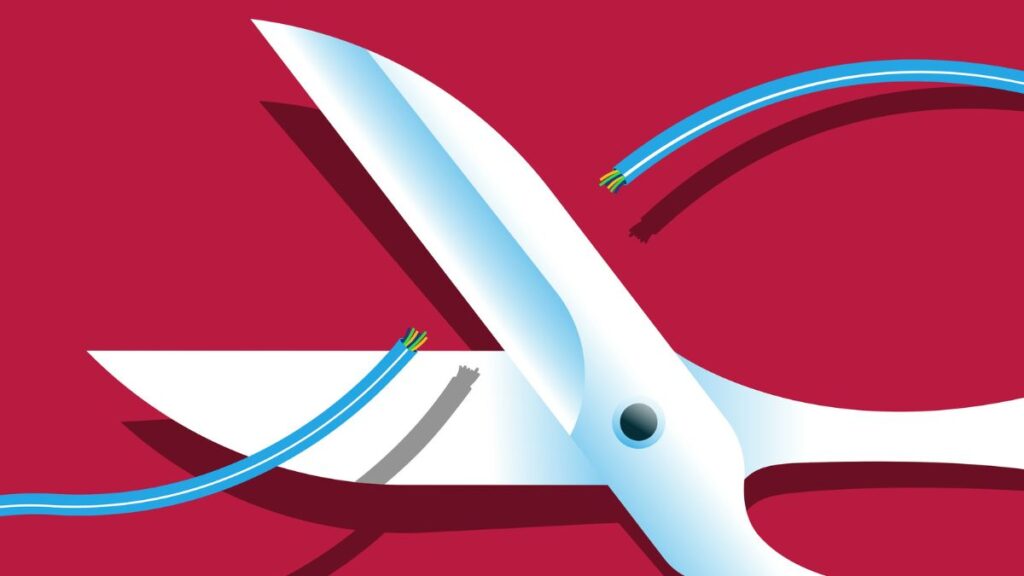
Get ready, the “great meme reset”, as it is called on TikTok, will happen on the 1stuh January 2026. The goal? Rethink online humor to regain its glory in the 2010s. Get out of the trash content, the digital stupidity, the bad content that is generated out of thin air. Nowadays internet users want better. Is this collective fantasy purporting to turn web nostalgia into an update of the humorous elements of the last decade just a joke? A simple manifestation of nostalgia? Where did this phenomenon come from whose peak was announced on the first day of the year?
As with anything related to the Internet, it is difficult to determine its origins with any accuracy. Most sources refer to a post published in March by TikTok user @joebro909, which called for a new generation of memes inspired by the 2010s. A way to save the platform from “drought” who will attack him. This video has been viewed nearly 260,000 times. Currently, hundreds of messages discuss this step back, to save the internet.
Memes are currently very lacking”humidity», understand power. The web culture driven by generation Z and alpha is sometimes full of frivolous content, like “Six-Seven” – a trend fueled by TikTok that may not mean much, but seems to be uniting the younger generation.
“Memes have become completely unrecognizable»underlined Noah Glenn Carter, a content creator on TikTok, in a video published in October. “Everyone agrees that 1uh January 2026, we will reset it completely and return to the original” he assured.
@noahglenncarter The great meme reset is coming January 1, 2026 #greatmemereset #foryou #meme ♬ original sound – NoahGlennCarter
Convinced that his ideas had support, he defended the approach as hard as he could. “The memes we have today are called “brain rot” for a reasonhe assured in a Wired column. Those over 10 years old, often, have a story behind them. Or at least a feeling. Nowadays, the more random and inconsistent something is, the more likely it is to become a meme.”
Taken literally, “the great meme reset” seems to be a call for a return to structured web culture, however ludicrous or derisive. We can feel a general fatigue: ecosystem fatigue, where constant irony ends in a loss of surprise and delight.
Return of the Vine King
At the same time, social media leaders began to realize this phenomenon. Jack Dorsey, co-founder of Twitter who became But be careful: any content created by AI will be immediately blocked.
Evan Henshaw-Plath, one of the first X employees credited with creating diVine, called the new platform “a bit of nostalgia”. He promised that network will offer full control over its news feed, unlike what we know today with TikTok and Instagram, where algorithms choose the content on offer.
Ryan Milner, a meme expert and communications professor at the College of Charleston in South Carolina, notes that internet culture has always been full of irony. “With phenomena like the ‘Great Meme Reset,’ we also have to ask whether this is a genuine desire to return to the past, when things were better, or whether this is just people’s way of having fun with the idea.» Between genuine nostalgia and ironic performance, the boundaries remain porous.
Of course, it seems highly unlikely it would be this big reboot actually happened. But for Don Caldwell, editor-in-chief of online publication Know Your Meme, it was day oneuh January 2026 “will go down in meme history as a fun community experiment.” A collective event, perhaps fleeting, but revealing an internet that is desperately trying to reinvent itself – by returning to its old jokes.





